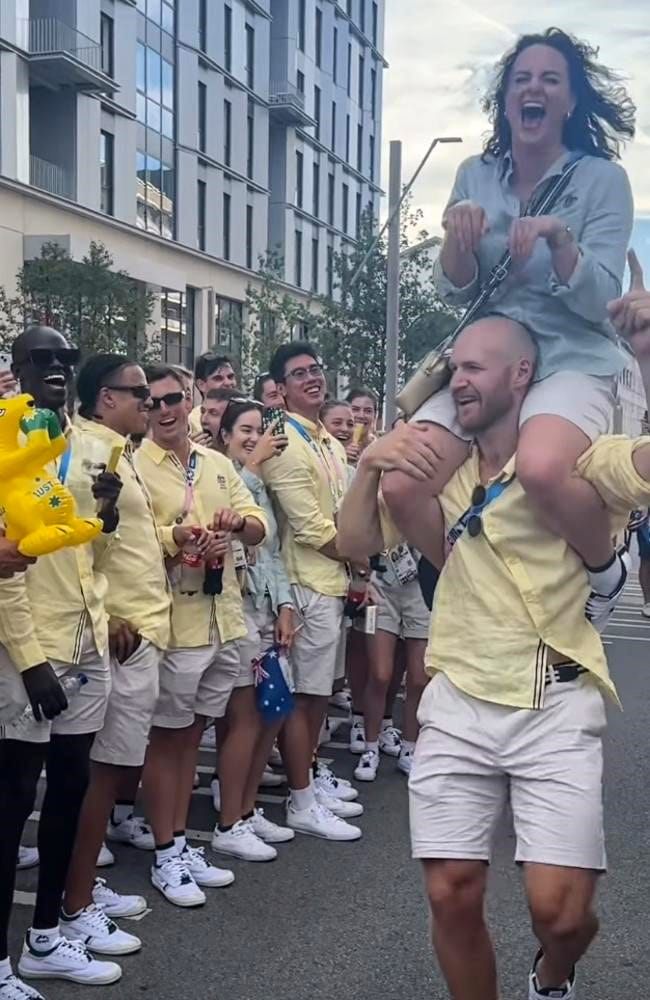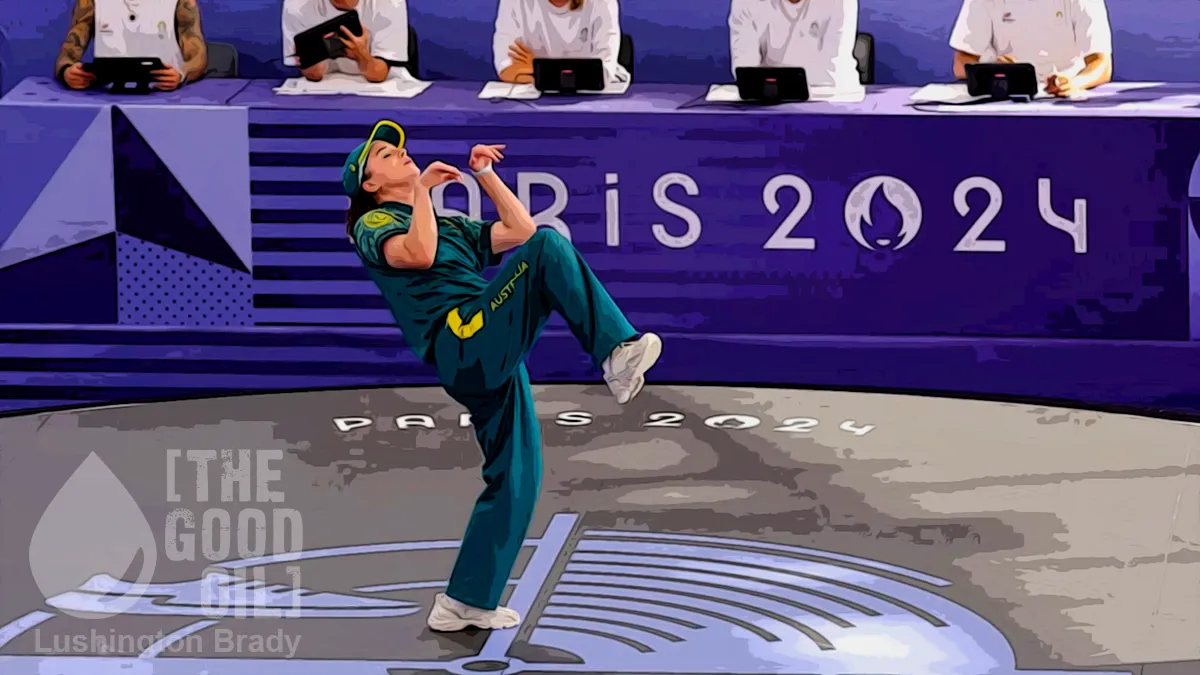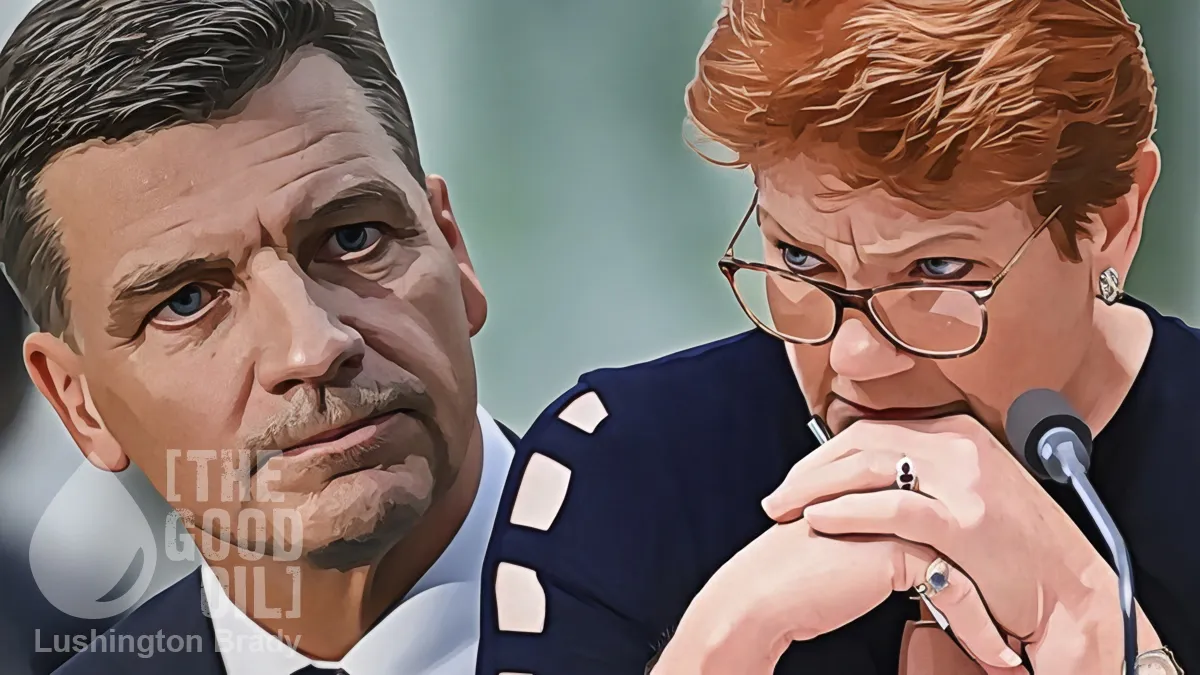Table of Contents
Well, that’s the Paris Olympics done and dusted, and thank the gods of Olympus for that. It’s perhaps in line with the steady degradation of the Olympics that medals that were solid gold a century ago, today contain barely more than one per cent gold. The Games organisers can prattle all they like about ‘recycling’ and ‘eco-conscious’, to the rest of us it just sounds cheap.
(The Games don’t come cheap, of course: the Paris Games cost the host nearly $8 billion. It’s unlikely they’ll make it back.)
The declining quality of the medals is just one more aspect of a modern Games that has largely abandoned the vision of its founder, in favour of embracing the modern elite ideology of Cultural Marxism. A subtle, but telling shift which largely went unnoticed when, in 2021, the International Olympics Committee changed its motto. The presumably ‘elitist’ motto of Faster, Higher, Stronger was modified by adding ‘together’.
In other words, the Games were now bowing to the great modern fetish: ‘inclusion’.
This was, in fact, the literal excuse offered by the opening ceremony’s director, who identifies by the Cultural Marxist signifier “Queer”, for the tawdry, debauched mockery of the ceremony. Especially its infamous “Last Supper on the Seine” tableaux, in which a cavalcade of preening queers, some literally balls-out, enacted a sneering ridicule of one of the most famous images in Christendom.
It was all a far cry from Pierre de Coubertin’s original vision for the modern Olympics. Inspired equally by the ‘playing fields of England’ and Hellenic ideals of physical and moral perfection. Coubertin, who believed that industrialisation had rendered humanity “physically and morally weak”, saw sport as “creat[ing] moral and social strength”.
What Coubertin would have made of a morbidly obese lesbian surrounded by preening drag queens, we can only speculate.
But just how far the Olympics have come from its founding ideals was made clear by IOC President Thomas Bach, last month, when he addressed that 142nd IOC Session in Paris. Paris, he noted, was the first Games organised under the ‘reformed’ Olympic Agenda 2020. (They do love their ‘Agenda 20-insert-year’ stuff, these Globalists.)
‘More youthful, more inclusive, more urban and more sustainable.’
And more shit.
When Coubertin wrote that., “The important thing in life is not the triumph but the struggle, the essential thing is not to have conquered but to have fought well”, he was valorising rewarding merit. Not just in the sense of being the best, but of trying to be the best. Physically and morally. Everyone-gets-a-prize ‘inclusion’ is not rewarding struggle: it’s rewarding grasping laziness.
As such, it’s an all-too-fitting reflection of the modern West. Throughout the Western world, merit is being relegated to a distant last place over the modern gods of ‘Diversity, Equity, Inclusion’. Quotas, whether by race or sex, or, more frequently, delusions and fetishism. This cultural rot has infested not just politics and the sillier fringes of academia, but even supposedly hard-nosed science. And, now, sport. The new chair of the Australian Sports Commission Kate Jenkins considers promoting ‘diversity’ one of her key goals.
‘Diversity’ doesn’t win Olympic medals, though. Unless, of course, you’re a ‘diverse’ male belting the bejesus out of a woman.
Paris 2024 is also shaping up to be another, smaller test – of the Australian character. And that test is coming in the most unlikeliest form imaginable: a breakdancing academic.
When Rachael “Raygun” Gunn, a cultural studies academic who researches the “cultural politics of breaking”, took to the mat to demonstrate her breakdancing skills, jaws dropped around the world. Mostly in stunned silence, followed by howls of laughter. Her routine might best be described, in the words of one social media user as, “When your five year old says, ‘Watch this, Mum!’”. Judging by the sheer avalanche of memes, the signature move of her routine was her “kangaroo jump”.
It also became a litmus test of the Australian spirit.
Australia, we are told, was founded on an ethos of the ‘fair go’. In tune with the founding Olympic ideals of Pierre Coubertin, what mattered was not necessarily being the best, but ‘having a go’. Australians, from Eureka and Ned Kelly, through Gallipoli and onward, have always embraced the ideal of the heroic failure.
The important thing in life is not the triumph but the struggle, the essential thing is not to have conquered but to have fought well.
And if you’re willing to make a bit of a goose of yourself, so much the better.
This is where we’ll learn whether or not the Australian spirit really is dead or not. If Raygun becomes a national pariah, it’s all over for the Aussie spirit. If she becomes a backhanded national hero, there’s life in the old cobber yet.
Australia’s valorisation of heroic failure is inherited from our Anglo-Saxon forebears. The Anglo-Saxon world was one of constant struggle and often loss, whether against invaders or nature itself. So it’s fitting that one of England’s great modern sporting heroes was a quintessential heroic failure.
Michael Edwards, better known as “Eddie the Eagle”, became an enduring British hero at the 1988 Winter Olympics. Yet, he came last (as the first competitor to represent Great Britain in Olympic ski jumping). But it was Eddie’s spirit that made him a hero: he entered as a ski jumper because there was no one else to qualify against, wore thick glasses, wore layers of socks to make his boots fit and totally self-funded his effort. He stayed in a Finnish mental hospital when no other accommodation was available.
Everyone remembers Eddie the Eagle. I defy any reader to name a single gold medallist from the 1988 Winter Olympics.
Long after the gold medallists at Paris are forgotten, I suspect, people will still remember Raygun.
And well they should. Sure, her routine was, by competitive standards, terrible – but it was sure as hell memorable. Unlike some head-shakers, I for one can’t bring myself to hate it. It was endearingly, hilariously terrible.
For all that Team Australia Chef de Mission Anna Meares is finger-wagging ‘trolls’, and the press are breathlessly reporting that Gunn’s “mental health is being closely monitored”, it appears, so far, that she’s embracing her notoriety. At the closing ceremony, she re-enacted her signature breaking moves surrounded by fellow Australian Olympians. Rower Angus Widdicombe even hoisted her on his shoulders and carried her through an impromptu guard of honour. Even pop singer Adele called her “the best thing that’s happened in the Olympics the entire time… it has made me very, very happy”.
By comparison with a Poofter Smurf and a woman-bashing bloke, that’s something Raygun should be very proud of.










